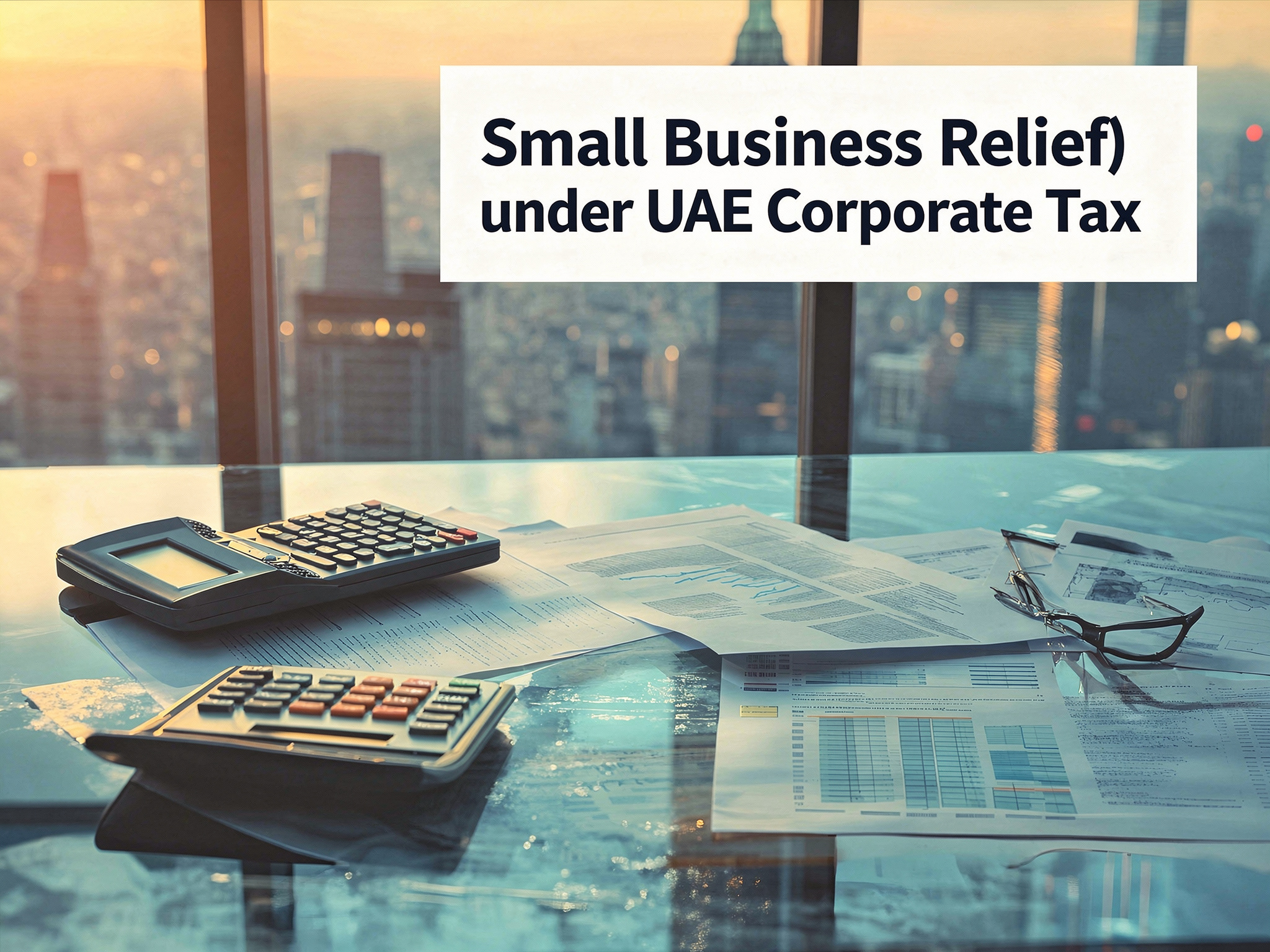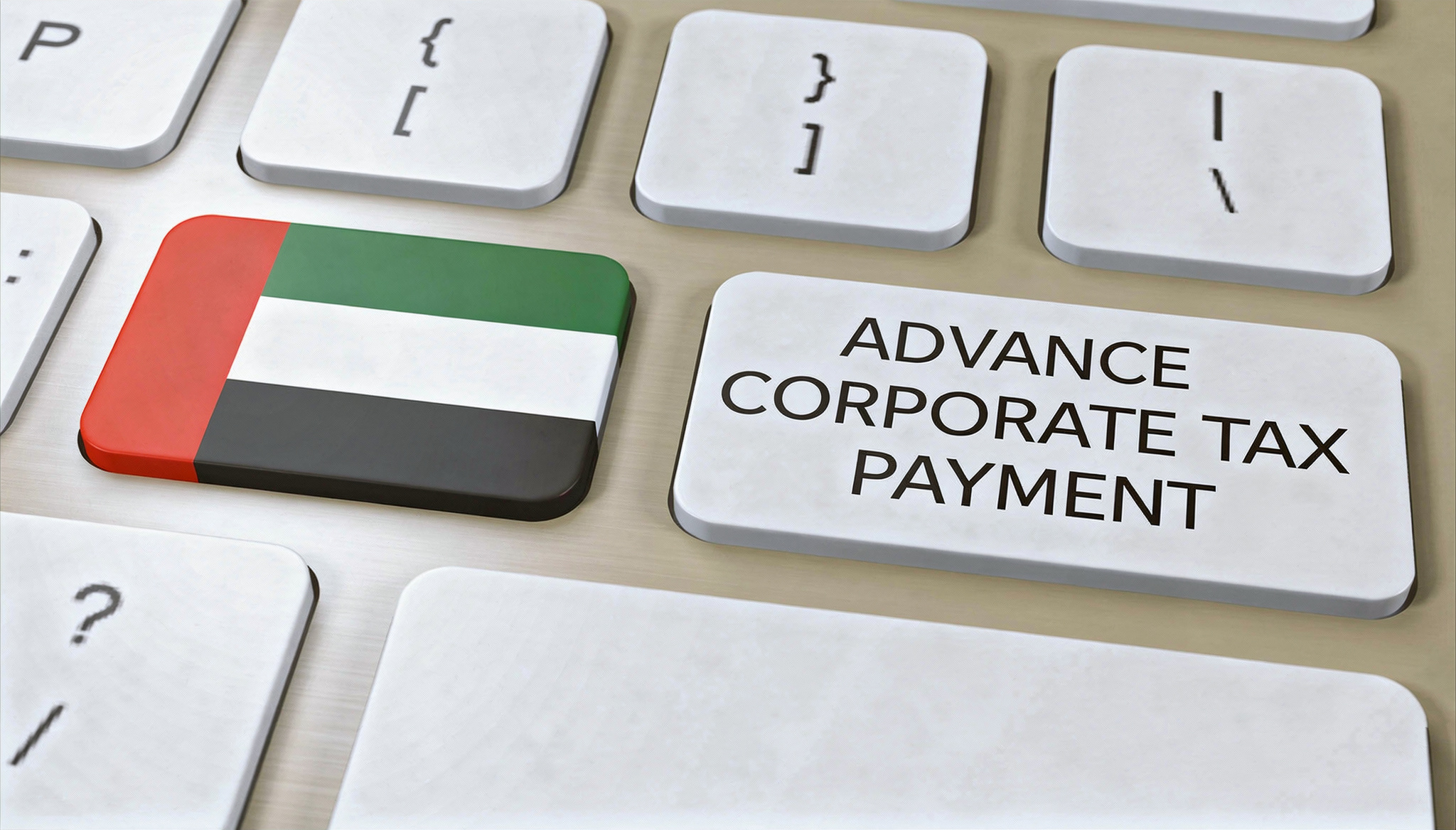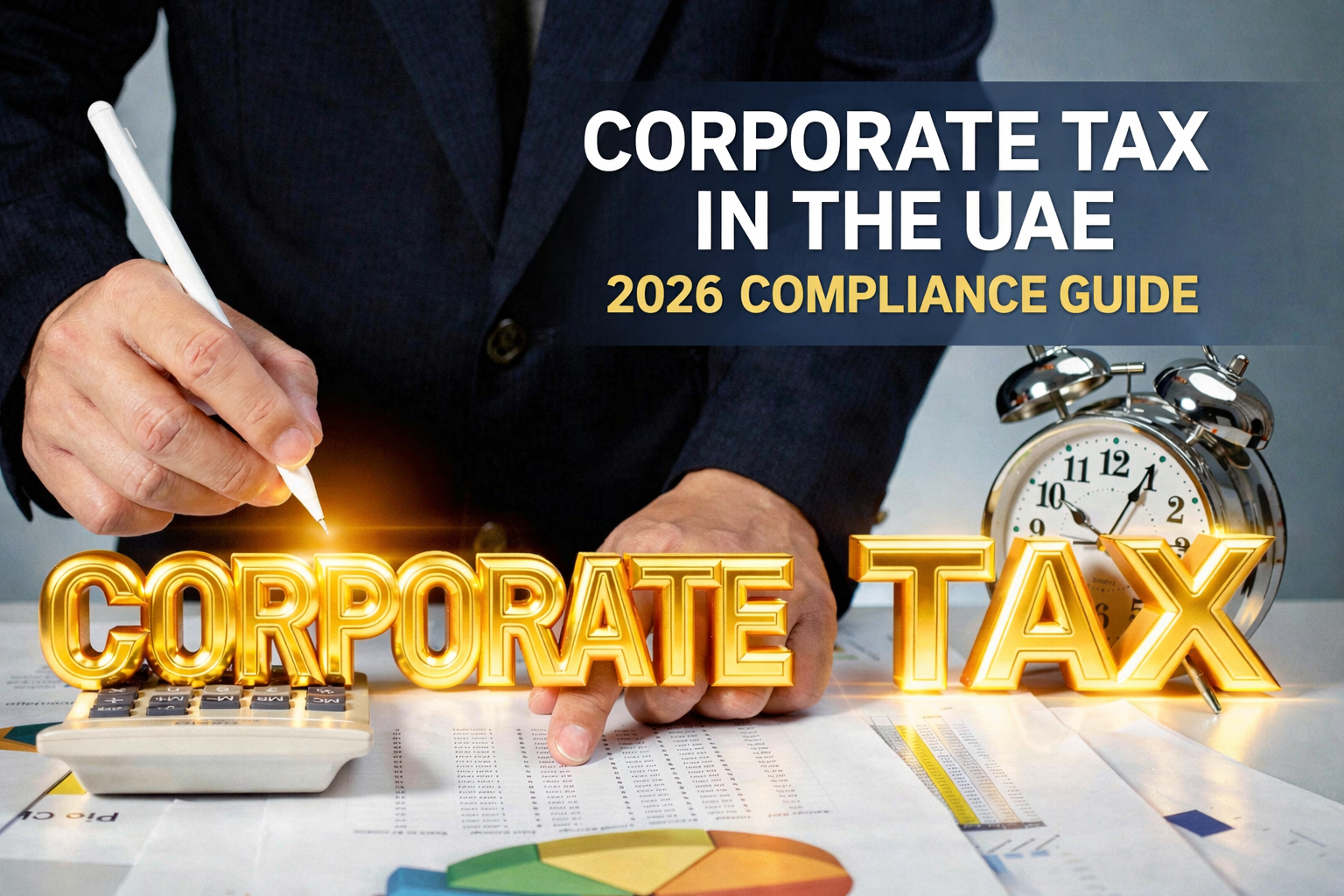As the UAE emerges as a leading business hub, its new UAE corporate tax framework is drawing significant attention from entrepreneurs and investors worldwide. Under Federal Decree-Law No. 47 of 2022, UAE corporate tax came into force on June 1, 2023, with a standard corporate tax rate of 9%. This marked the beginning of new UAE corporate tax compliance obligations for companies operating across both the mainland and Free Zones. As a result, businesses in the UAE often consult top corporate tax advisors in Dubai before deciding on the most suitable business structure—Free Zone or mainland entity.
Since corporate tax obligations in the UAE may vary between free zones and the mainland, Jaxa Chartered Accountants, a leading accounting and auditing firm in Dubai, helps ensure smooth and hassle-free UAE corporate tax return filings. This guide highlights the differences between free zone and mainland tax regimes, outlines the key considerations businesses must address to stay compliant, and explains why professional support from Jaxa is crucial for filing UAE corporate tax returns accurately and efficiently.
Understanding corporate tax in the mainland UAE
A mainland company registered under the Department of Economic Development (DED) in each Emirate can freely conduct commercial activities across Dubai, Abu Dhabi, Sharjah, and the rest of the UAE, as well as internationally. Under the UAE corporate tax framework, mainland companies are subject to a 9% UAE corporate tax rate on taxable income exceeding AED 375,000. For businesses in the UAE earning below this threshold, a 0% tax rate applies—providing significant benefits for start-ups and small companies operating across the Emirates.
There are some entities exempt from UAE Corporate Tax such as
- Federal and Emirate Government Entities
- Recognized Public Benefit / Non-Profit Organizations
- Natural Resource Businesses (taxed separately at the Emirate level)
UAE Corporate Tax Registration & Filing Requirements for Mainland Companies
Every mainland company in the UAE must complete registration and filing requirements to ensure UAE FTA compliance as well as UAE corporate tax compliance.
- UAE Corporate tax registration: It is mandatory for mainland companies to register for corporate tax in the UAE and obtain a valid Tax Registration Number.
- UAE Corporate Tax Return: Every mainland entity must file a corporate tax return in the UAE and pay liabilities annually within nine months after the financial year ends, including the details of taxable income and all deductions.
- UAE Corporate Tax Payment: Any outstanding liability must be paid in full within the timeframe specified by the UAE’s FTA.
What counts as Taxable Income and Allowable Deduction?
In the UAE, corporate tax liability is taxed on their net profit by deducting allowable costs and expenses from the company’s total earnings. Companies can deduct:
- Regular business expenses (staff salaries, premises costs, utilities)
- Depreciation charges
- Finance and interest cost
- Other qualifying costs incurred in earning taxable income
Understanding UAE Corporate Tax in Free Zone
Free zones in the UAE are special economic zones with their own set of laws and regulations, separate from the mainland. The UAE is home to more than 40 free zones, each offering a wide variety of business hubs and operates independently under its own legal and regulatory structure. Free zones such as Dubai’s DMCC, Jebel Ali Free Zone, Abu Dhabi’s Masdar City Free Zone etc grant investors advantages like 100% ownership and capital repatriation rights.
The UAE’s Free Zone tax framework provides a competitive edge to investors. One of the major tax incentives of UAE Free Zones is the 0% corporate tax rate on qualifying income. Qualifying income is taxed at 0% subject to meeting the relevant conditions. However, income earned through its business establishment in the UAE mainland, such as a mainland branch, is subject to the 9% UAE corporate tax rate.
UAE Corporate Tax Benefits for Free Zone Entities
- 0% UAE Corporate Tax on Qualifying Income: Free Zone entities that meet the Qualifying Free Zone Person (QFZP) criteria can benefit from a 0% corporate tax rate on eligible income.
- Incentives for Growth: The UAE continues to support Free Zone investors by preserving existing tax exemptions and benefits for companies meeting the required conditions.
- Efficient Filing & Compliance: Businesses can leverage the self-assessment regime to file corporate tax returns efficiently while maintaining compliance with UAE FTA
Exclusive advantages of the UAE corporate Tax benefit for Free Zone:
Freezone in the UAE enjoys several advantages:-
- Full ownership rights for foreign investors.
- 100% profit and capital repatriation rights.
- Duty-free import/export privileges.
- Long-term corporate tax holidays in select Free Zones.
Eligibility Criteria and Restrictions for UAE Free Zone Tax Benefits
Even though UAE Free Zone companies can enjoy a 0% corporate tax rate, this advantage comes with conditions:
- UAE FTA Regulatory Compliance: To keep a 0% corporate tax rate, Free Zone companies must adhere to the UAE FTA’s economic substance requirements and generate income that fits within the qualifying categories set by the UAE FTA.
- Generate Qualifying Income: The UAE Corporate Tax Law has specified a set of qualifying activities which give rise to qualifying income that would be eligible for 0% Corporate Tax.
- Non-qualifying Income: Income that does not qualify for Free Zone exemptions will be taxed at 9% UAE corporate tax.
- Exemption Coverage: Only qualifying Free Zone income benefits from a 0% corporate tax rate. Income from mainland operations or other activities might be taxed at 9%.
Key Corporate Tax Challenges for Mainland & Free Zone Business Activities in the UAE
Businesses with operations in both the UAE mainland and Free Zone areas face unique corporate tax challenges.
- Applying the correct tax rate: Companies must separate the revenues from Freezone and mainland operations to remain compliant with the UAE corporate tax law.
- Compliance with Dual Requirements: To comply with both mainland and Free Zone rules, you need to maintain accurate records and understand the UAE corporate tax law.
- Potential Liability: If the revenue generated from mainland activity is not handled correctly, a higher UAE corporate tax rate may apply.
- Transfer pricing consideration: Ensure transactions between Free Zone and mainland entities comply with UAE transfer pricing rules.
- Compliance documentation: Keep accurate financial documentation for both Freezone and mainland operations to ensure proper segregation and UAE FTA audit readiness.
2025 UAE Corporate Tax Filing Timeline: Mainland and Free Zones
Companies, whether operating in Free Zone or mainland, must comply with specified UAE corporate tax filing deadlines. The UAE corporate tax filing schedule is largely consistent across mainland and Free Zone businesses.
UAE Corporate Tax Compliance: Mainland vs Free Zone
| Regulatory step | Mainland companies | Freezone companies |
| UAE Corporate Tax Registration | Must register with the UAE FTA and obtain TRN. | Must register with the UAE FTA and obtain TRN. |
| UAE Corporate Tax Return Submission | File the annual Corporate Tax Return within 9 months from the end of the financial year.
Example: For FY ending 31 Dec 2024, the filing deadline is 30 Sep 2025. |
File the annual UAE Corporate Tax Return within 9 months from the end of the financial year.
Example: For FY ending 31 Dec 2024, the filing deadline is 30 Sep 2025. |
| UAE Corporate Tax Payment | Settle any payable UAE Corporate Tax within 9 months from the end of the financial year. | Settle any payable UAE Corporate Tax within 9 months from the end of the financial year. |
| Deregistration | Submit a Corporate Tax deregistration application within 3 months of ceasing business activities. | Submit a Corporate Tax deregistration application within 3 months of ceasing business activities. |
To seek expertise from seasoned tax advisors as well as a UAE FTA tax agent, connect with Jaxa, the best corporate tax consultant in the UAE, to ensure timely and accurate UAE corporate tax return filings helps to avoid penalties and audits.
Jaxa Auditors- Leading Corporate Tax Consultant for mainland & Freezone in the UAE
Whether in the mainland or the Freezone, corporate tax obligations need careful attention in the UAE. Filing a corporate tax return accurately and on time in the UAE is very important. As a trusted corporate tax consultant and UAE FTA tax agent, Jaxa Auditors can apply the UAE corporate tax framework correctly – ensuring mainland businesses comply with a 9% UAE corporate tax rate, while qualifying Free Zone companies can benefit from the 0% UAE corporate tax rate. Our corporate tax consultant in Dubai helps mainland and Free Zone businesses to stay compliant, maximize tax advantages, and minimize risks, allowing companies to focus on achieving their business goals.
Your corporate tax compliance, our expertise – Jaxa Auditors, trusted by UAE businesses.





